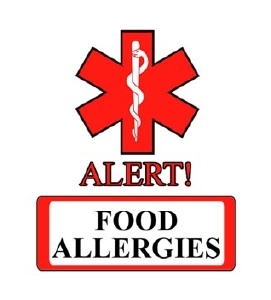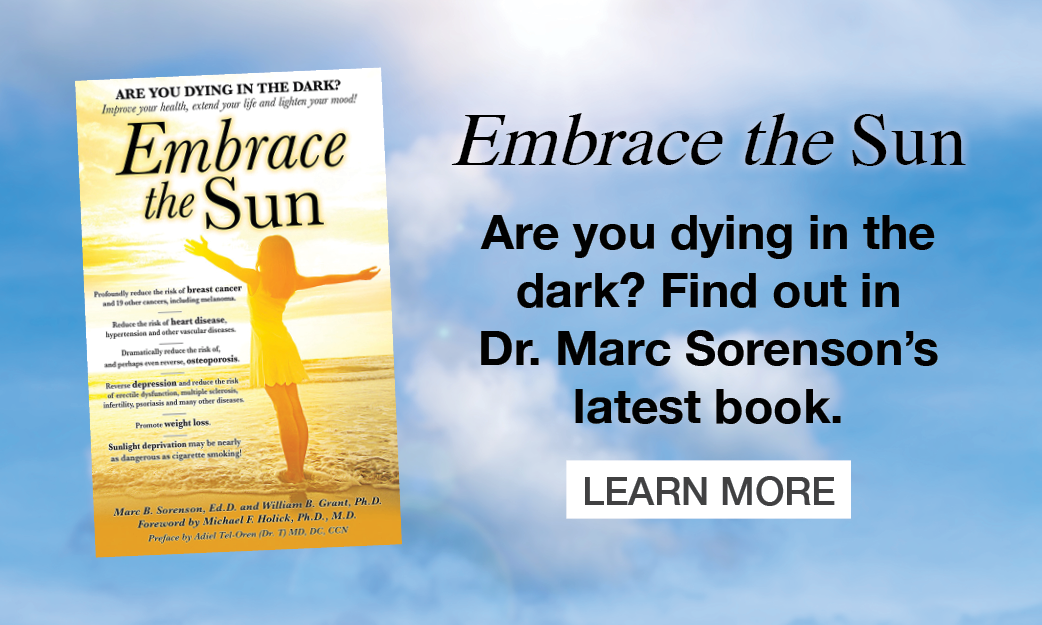Sunlight and food allergies are negatively associated. By Marc Sorenson, EdD.
Do certain foods cause you to break out in hives, or cause pain and discomfort? Then you may have an allergy and thus a hypersensitivity to the food. An allergy is a damaging immune response to a particular substance, to which the body is hypersensitive. In addition, in the case of anaphylaxis, it can be deadly. Sunlight and food allergies relate closely to each other, that is, in a good way. Hence, sunlight may have a place in stopping the allergic reactions.
A review of research on vitamin D, sunlight and food allergies makes some interesting statements. [1] First of all, the researchers state that since 2007, most epidemiologic studies have supported low sunlight, as a risk factor for food allergy. They then note that studies that looked directly at vitamin D status as measured by serum vitamin D levels are not nearly as consistent as studies on sunlight and food allergies. They state: “Although conflicting, the vitamin D studies suggest a more complicated association than a linear dose response in all individuals…”
However, sunlight exposure produces a different outcome for allergies.
Their summary is telling: “Many studies have linked sunlight with the development of food allergy. “However, whether this [directly relates] to vitamin D status or other sunlight-derived, seasonal and/or geographic factors remains uncertain. More studies are needed to investigate the role of sunlight and vitamin D status in food allergy because of their potential for primary prevention and disease modification.” Sunlight and food allergies may have a negative association. If more sunlight is available, fewer food allergies may occur.
This is another of those scientific papers that illustrates that sunlight exposure is nearly always protective against the studied disease. Yet, there is much more room for argument when vitamin D serum levels are used.
It is sunlight, not vitamin D, which makes the difference.
My takeaway? Sunlight and food allergies, since they are negatively related, speak to the importance of obtaining sufficient time in the sun. Get sufficient exposure to non-burning sunlight on a regular basis. That will provide plenty of vitamin D when one needs it. In addition, it also provides nitric oxide, endorphins, serotonin, dopamine, BDNF and other photoproducts yet unnamed. Thus, we must cease to equate sunlight exposure only with vitamin D. If vitamin D is our goal, and we neglect sunlight, we do a disservice to other healthful effects of sunlight. Furthermore, we must understand that a pill can never replicate the magnificent and essential powers of the sun.
Be sure to obtain your share of non-burning healing sunlight. For more information on the healing powers of sunlight, visit https://sunlightinstitute.org/. In addition, read the book, Embrace the Sun.




